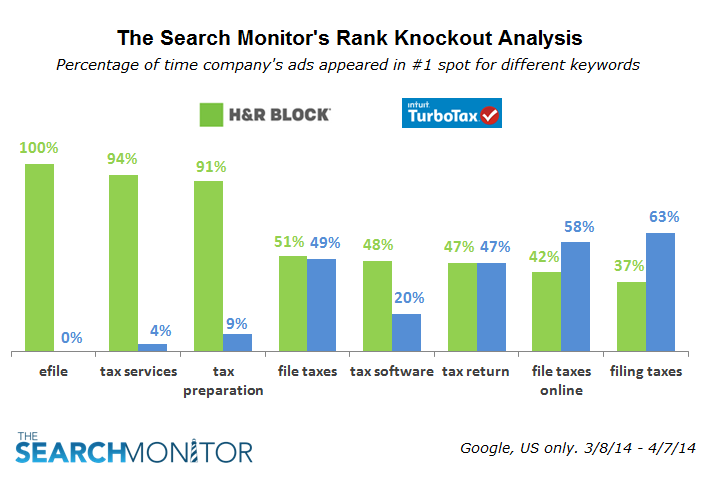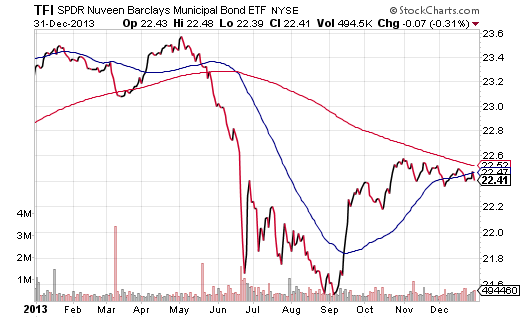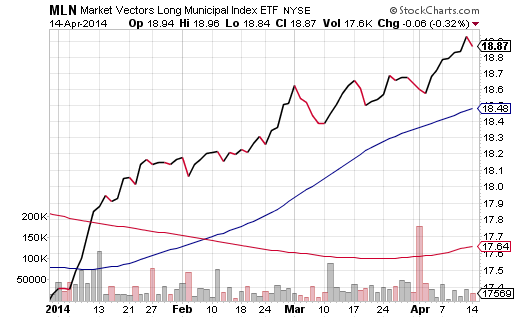M Runzlar for Intuit writes: Everyone agrees the U.S. tax code, weighing in at some 44,000 pages, and 4 million words, needs simplification. The question is how to do it.
Intuit has long supported a system of voluntary compliance, where taxpayers have a simple and easy way to file their returns, ensuring they receive all the money to which they are entitled. Others, including some media outlets, propose a so-called Ready Return model, where the Internal Revenue Service would both prepare and collect people’s taxes.
Intuit believes such a system minimizes the taxpayers’ voice and instead maximizes revenue collection for government. That kind of anti-consumer policy does not advance taxpayer rights, citizen empowerment or real simplification of the tax code.
Intuit CEO Brad Smith outlined the company’s position on tax simplification in a letter to U.S. Sens. Ron Wyden and Orrin Hatch earlier this month. You can read the entire letter here.
___________
Brad Smith
President & CEO
2700 Coast Avenue
Mountain View, CA 94043
April 4, 2014
The Honorable Ron Wyden The Honorable Orrin Hatch
Chairman, Ranking Member,
Committee on Finance Committee on Finance
United States Senate United States Senate
Washington, DC 20510 Washington, DC 20510
Dear Chairman Wyden and Ranking Member Hatch,
I am writing on behalf of Intuit, the maker of TurboTax, to express our strong support for your
objective of simplifying the tax code for the average American, a key component not only of basic tax reform, but also for strengthening the safety, integrity, effectiveness and fairness of the U.S. income tax system.
We have advocated for tax simplification reform for a decade, because while technology innovation has, and will continue to, deliver simplicity and burden reduction for taxpayer, the extreme complexity of the tax system today has become a risk to more than just the burden of compliance.
Complexity works at cross-purposes to assurance of the integrity, safety and fairness of the tax
system itself. I testified before the House Ways and Means Committee in 2005 and called for tax simplification for the average taxpayer. We offered the suggestion then, based on our taxpayer experience, that streamlining and simplifying today’s myriad of tax incentives for education and retirement, as one example of reform, could make a meaningful difference for the average taxpayer. There are other such practical examples, including sorting out the multiple conflicting definitions of common tax terms in different provisions of the Code, such as the definition of dependent child. Such complexity creates confusion and makes tax compliance unnecessarily difficult for the average family. But we believe tax simplification reform is important as well to strengthen the integrity and effectiveness of the tax system in ways that would reduce both inadvertent error and the opportunities for intentional fraud. Tax simplification reform would benefit both the tax system and the taxpayer.
Simplification reform can also bring closer the day that data-driven innovation can deliver a 10
minute tax return for the average American taxpayer, slashing compliance burden. The private
sector technology industry, including Intuit, has already delivered critical inventions and
innovations that bring that goal within reach today. But American ingenuity can do more. And tax simplification reform can help.
But simplification alone is not enough to fully strengthen and improve our tax system. We also
believe that oversight and regulation of the tax industry is important to the public interest. We
testified before the IRS in 2009 in support of a sound and thoughtful strategy for providing return preparer oversight, but at that time we also called for a parallel oversight initiative that would
provide standards-based regulation of the software sector of the tax industry. A dozen years ago IRS Commissioner Charles Rossotti – with the partnership and support of many
in Congress and on this Committee -- created an unprecedented public-private partnership
initiative called the IRS Free File Program, which provides private sector donation of online tax
preparation products and services to lower and middle income taxpayers at no cost to either the Government or the individual taxpayer.
In more recent years the Free File Program was expanded, due to Senator Schumer’s leadership, to include an electronic fillable forms utility that can be used by all taxpayers, again at no cost to the public purse or to the individual user. And importantly, these free online tax software services must all meet the standards-based rules and requirements that were established with the IRS to govern their Free File Program.
We have urged that the standards-based rules that IRS uses to govern Free File could point the way to a similar strategy model that could be applied to the tax products and services of the technology industry more broadly. We continue to believe this is a proposal that merits adoption by the IRS in furtherance of the public interest.
We would welcome the opportunity to work with the Committee to explore these concepts more fully, for both tax simplification reform and industry oversight, and to consider the most effective ways to advance their adoption. The tax system will be sounder and work better as a result. But we think there is still more that can be done to strengthen tax system integrity.
The tax association, the American Coalition for Taxpayer Rights, ACTR, has proposed a series of technology measures which, taken together, could significantly tighten safeguards against identity theft and refund fraud in our tax system. Intuit testified on behalf of the Association before this Committee two years ago on this subject. The fact is that IRS and the Justice Department are already hard at work to stop criminals and safeguard honest taxpayers, and the industry is cooperative and supportive of these critically important law enforcement efforts. But there is even more that could be done to further strengthen the effort, as the ACTR association has urged, with the Government drawing on the best advice of the technology experts in the industry, and ACTR has shared these recommendations with IRS and the DOJ over time. We recognize that IRS is resource constrained, but would strongly urge that they prioritize those recommendations as quickly as possible and advance them to the implementation stage.
Thank you for the opportunity to offer these thoughts and suggestions for the Committee’s
consideration in your ongoing work, and in your Hearing this week. There is much work to be
done in all of these areas of reform and improvement, and we want to support and assist the
Committee in its vitally important work.
Sincerely,
Brad Smith
President and CEO,
Intuit
cc: Members of the U.S. Senate Committee on Finance




